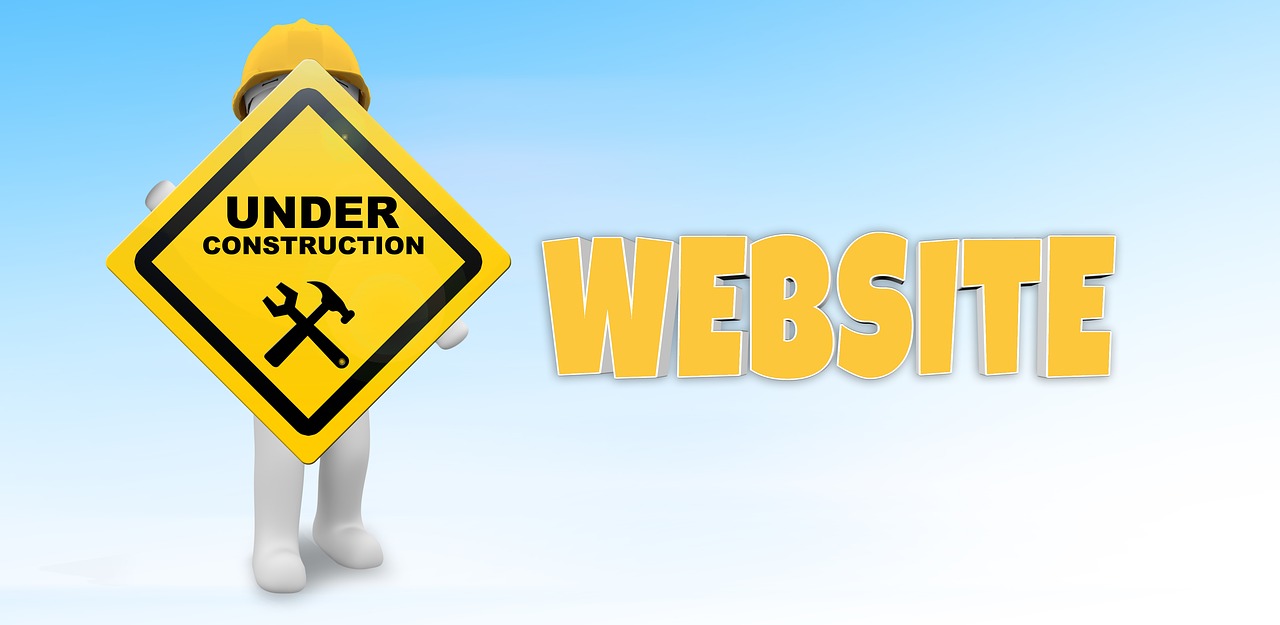This is the age of fast information on fingertips to instantly gratify fast moving consumers. So, why should someone waste their time on a slow website?
Despite all your work in website design and content, you might not see your efforts pay off if your site is slow. Here are some reasons how your business or site can be affected by speed.
1. Time is Valuable
After a viewer clicks on your website, the average time they will wait for the site to load is 3 to 5 seconds before they leave. This might seem tough – especially for businesses that depend on website traffic.
In a world saturated with competing sites, website load time is one of the components which can give your site an edge.
2. It Improves Users’ Experience
The goal of your website is to provide an excellent user experience. Along with being visually appealing, the site has to be easy and quick to navitage.
The faster the user can navigate through the site to get to what they are looking for the better the experience.
3. It is Important for Business Websites
There are certain web hosting speed benchmarks a site must strive to maintain, especially if it is a business website. This is because there is a direct relationship between a business’ performance and their site’s speed.
Time matters a lot more than you would think. When a site takes even a few more seconds to load than the speed benchmarks, it quickly loses customers. That’s because in their mind they have already labeled you as slow.
This means slow speed directly affects your sales and fails to retain your customers through the website. That is because to a large extent your website speed is an extension of your business’s image.
4. The First Impression Matters
Your customer’s first impression of your business depends on their user experience with your website.
No matter how much effort you put in the design, content, and layout of your website, much of it will be fruitless if the website speed is slow.
The internet is an interesting space when it comes to businesses. That’s because the seller has a lot of control over the environment in which they interact with their customer. This also means that each minute detail will contribute to the company’s image – such as the website speed.
You will lose the opportunity to show what you have to offer to your customer as their impatience with slow speed will lead them to click out.
On the other hand, if viewers have a positive experience, they will most likely deem the site as professional and take your business seriously. This will lead to more people talking about your brand.
5. Impacts Search Ranking
As you may know, user experience is paramount for search engines like Google. Google’s algorithm rank sites based on some key criteria. One of them is speed.
This means, even though your site’s content may be relevant to a search, if your site’s speed is low, then it will not have a high search ranking. This makes it harder for your targeted viewers to find you on their searches.
6. Slower Sites Lead to Higher Bounce Rates
Bounce rates refer to the percentage of viewers who visits a site and leaves without exploring other pages in the site. This is one of the components Google will monitor when determining a site’s search ranking.
When your website’s speed is slow, viewers will become impatient and immediately click out, which affects the bounce rate of your website. This in turn, will again affect your search ranking.
7. Mobile-Friendly Websites
It goes without saying that for a business website to succeed it has to be mobile friendly. Mobile compatibility is directly linked to the website traffic.
As it was previously mentioned, users’ convenience matters the most to Google. As technology habits change, viewers are increasingly browsing with their smartphones more than they are with their PCs/laptops.
If your site takes too much time to load because it is not mobile friendly, the site’s search ranking will not be high.
8. Your Site’s Growth
As previously established, a site’s speed is an extension of the business’s image. If you do not address the problem of your website’s speed, fewer people will return to your website. This stunts your site’s natural growth.
On the other hand, if your website’s speed is up to standard, more viewers are likely to return to your site leading to possible exponential growth of traffic.
9. It is a Good Investment
There are a lot of costs involved in launching a website. From graphics to promotions to building the website, costs can quickly add up. However, the investment will not yield much results if your website traffic is low.
Slower website speed will lead to less traffic, which means loss of return on all that investment.
Final Thoughts
The good news is that a slow website today is not necessarily a death sentence. It is actually quite easy to bounce back from this.
As cool as some features may look on your website, it could also make it slower. Make sure to remove unnecessary features to avoid slowing down the website. Also, make sure that multimedia file sizes are smaller so they can load faster.
Furthermore, it is always a good idea to test your website for quality. Test out your website’s speed through different devices – smartphones, tablets, desktops and laptops. This will allow you to identify speed issues and make adjustments accordingly.
Lastly, it is important to prioritize website speed when you are building your website. A slower website speed will deter people from browsing your site, and that will waste your investment into the website. That can impact your long term growth. So pay attention to a high load time of your website and you will be good to go.

